Supreme Court verdict: Obi, Atiku’s lawyers weren’t impressive – Clarke
Prominent Senior Advocate of Nigeria (SAN), Robert Clarke, has voiced his critique regarding the legal strategies employed by the legal teams representing Atiku Abubakar and Peter Obi in their challenge against President Bola Tinubu’s triumph in the 2023 election. Clarke expressed his viewpoint during an interview on Channels Television’s Politics Today on Thursday.
Clarke made it clear that he was not implying that Atiku and Obi’s legal representatives bungled the case. Instead, he underscored that their legal representation fell short of demonstrating a high standard of professionalism within the legal sphere. This evaluation follows the recent decision by the Supreme Court to uphold Tinubu’s victory in the presidential election that took place on February 25.
The Supreme Court, presided over by a seven-judge panel, dismissed the appeals launched by Atiku, the presidential candidate of the Peoples Democratic Party (PDP), and his counterpart from the Labour Party (LP), Peter Obi. These appeals were centered around allegations of electoral fraud, breaches of electoral laws, and doubts regarding Tinubu’s eligibility to run for the presidency.
In response to the Supreme Court’s ruling, Clarke opined that the legal teams representing Atiku and Obi appeared to have lacked the requisite level of diligence when it came to presenting their appeals. He suggested that their legal representation could have been more robust and comprehensive.
Furthermore, Clarke expressed his disinclination to permit even a junior member of his legal chamber to present such a case before the Supreme Court, given the clear facts he had assessed. He posited that the Supreme Court’s acceptance of the case might have been influenced by factors other than legal merit, possibly motivated by a desire to appease their supporters, despite the existence of time constraints governing the resolution of election-related matters.
The senior lawyer also noted that Atiku and Obi’s legal teams had opportunities earlier in the process to present their evidence in lower courts, but opted not to do so. Clarke emphasized the procedural dimension of this, highlighting that they were now attempting to introduce matters that should have been argued in lower tribunals. As a result, the Supreme Court was treating the evidence as an appellate matter rather than an original jurisdictional matter.
To conclude, Clarke reiterated that his intention was not to assign blame to the lawyers involved, as he holds them in high regard. Nevertheless, he emphasized that the legal teams should have exercised greater diligence and professionalism in their handling of the case, particularly in light of the Supreme Court’s stance on the use of evidence that was not previously presented in lower courts.

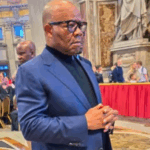


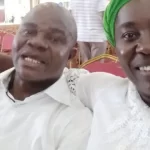
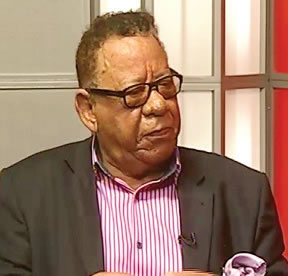

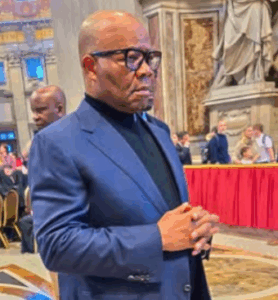
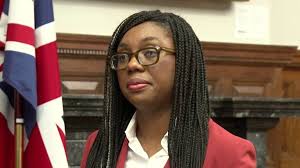

More Stories
‘Poverty could be a virtue,’ says Akpabio after attending Pope Francis’ burial
UPDATED: Court sentences gospel singer Osinachi’s husband to death by hanging
Putin announces surprise Ukraine truce for May 8 to 10